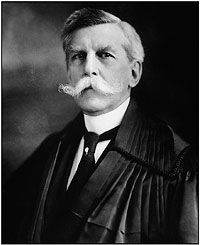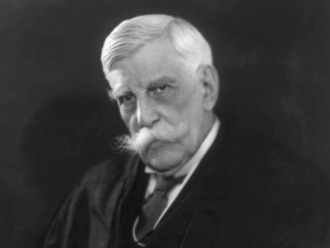Oliver Wendell Holmes, Jr.
A photo of Oliver Wendell Holmes, Jr.
Date & Place:
Not specified or unknown.


 Amanda S. Stevenson
Amanda S. Stevenson 

